Uncategorized
-
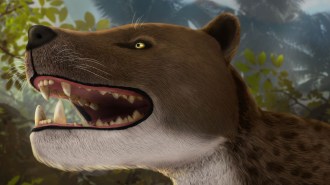 Life
LifeA skull found in Egypt shows this top predator stalked ancient Africa
Archaeologists uncovered a fossilized skull of an ancient sharp-toothed predator that likely hunted early elephants and primates.
-
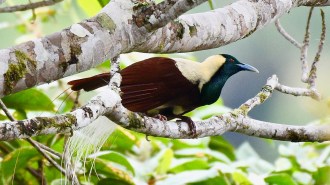 Animals
AnimalsHow fish biologists discovered birds of paradise have fluorescent feathers
A survey of museum specimens reveals that more than a dozen species of the birds sport biofluorescence in feathers, skin or even inside their throats.
By Susan Milius -
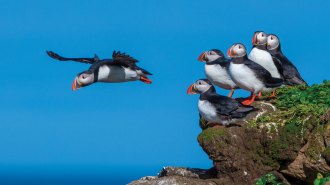 Animals
AnimalsHow a puffin patrol in Iceland is saving the iconic seabirds
Light pollution disorients young puffins. The Puffling Patrol helps them find their way to the sea.
-
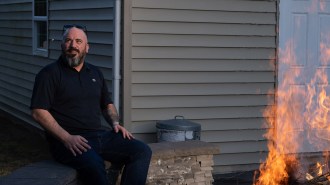 Health & Medicine
Health & MedicineHear patients with brain implants describe what it feels like
In the third episode of The Deep End, Jon shares how DBS surgery went and how he and other volunteers felt in the days and weeks afterward.
-
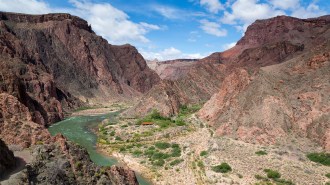 Science & Society
Science & SocietyFired federal workers share the crucial jobs no longer being done
Thousands of probationary federal employees received termination notices. Many were doing crucial work at science-related agencies.
By McKenzie Prillaman and Alex Viveros -
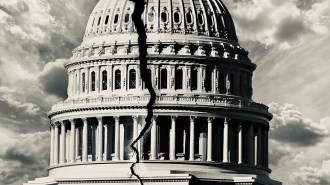 Science & Society
Science & SocietyWhy some chaos-seekers just want to watch the world burn
A political scientist explains how a confluence of personality traits and perceived status loss can encourage some people to generate chaos as a solution to their woes.
By Sujata Gupta -
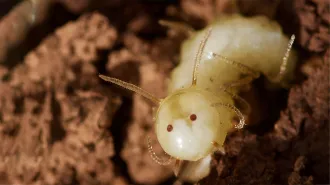 Life
LifeThe butts of these blowfly larvae mimic termite faces
The young of a mysterious blowfly species look — and smell — like the termites they hide among.
-

Buried Treasure Crossword
Solve our latest interactive crossword. We'll publish science-themed crosswords and math puzzles on alternating months.
By Shannon Rapp and Rebecca Goldstein -
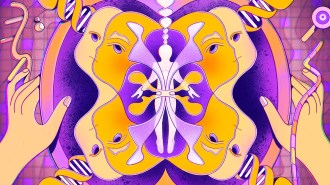 Humans
HumansBiological sex is not as simple as male or female
A recent Trump executive order defines sex based on gamete size. But the order oversimplifies genetics, hormones and reproductive biology.
-
 Climate
ClimateEven desert cities could pull drinking water from the air
Water harvesting from foggy air provided up to 5 liters of water a day in a yearlong Chilean desert experiment.
-
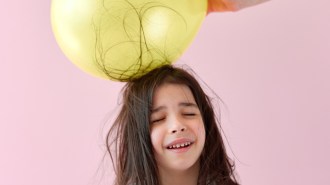 Physics
PhysicsSquishy materials reveal new physics of static electricity
The charge transferred when identical objects touch depends on their history, scientists find.
-
 Space
SpaceEarth had new, temporary radiation rings last year
Two bands of radiation called the Van Allen belts encircle Earth. After a May 2024 solar superstorm, two more showed up between those belts.